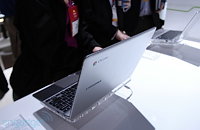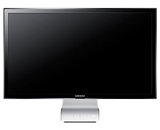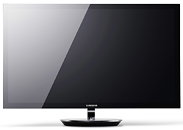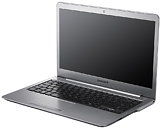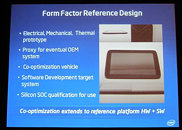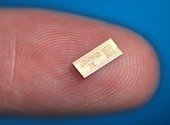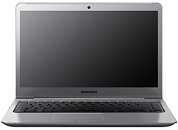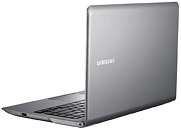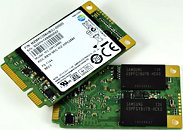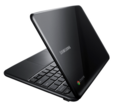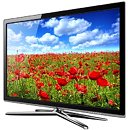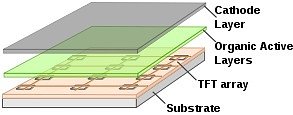
Samsung Readies Updated, Slimmer Series 9 Notebooks
Next month Samsung Electronics is planning to refresh its Series 9 line of ultra-thin notebooks and introduce new 13.3-inch and 15-inch models that are just 0.58-inch thick and offer a battery life of up to 10 hours. The incoming machines have an aluminum casing, a SuperBright Plus display, a Core i3 or i5 processor, up to 8 GB of RAM, a 128 GB or 256 GB solid state drive (for a boot time of just 9.8 seconds and a wake-from-sleep time of 1.4 seconds), a glass touchpad, and a backlit keyboard.
The 'new and improved' 13.3-inch Series 9 notebook will start at $1,399 while its 15-inch sibling will have a base price tag of $1,499.
The 'new and improved' 13.3-inch Series 9 notebook will start at $1,399 while its 15-inch sibling will have a base price tag of $1,499.










